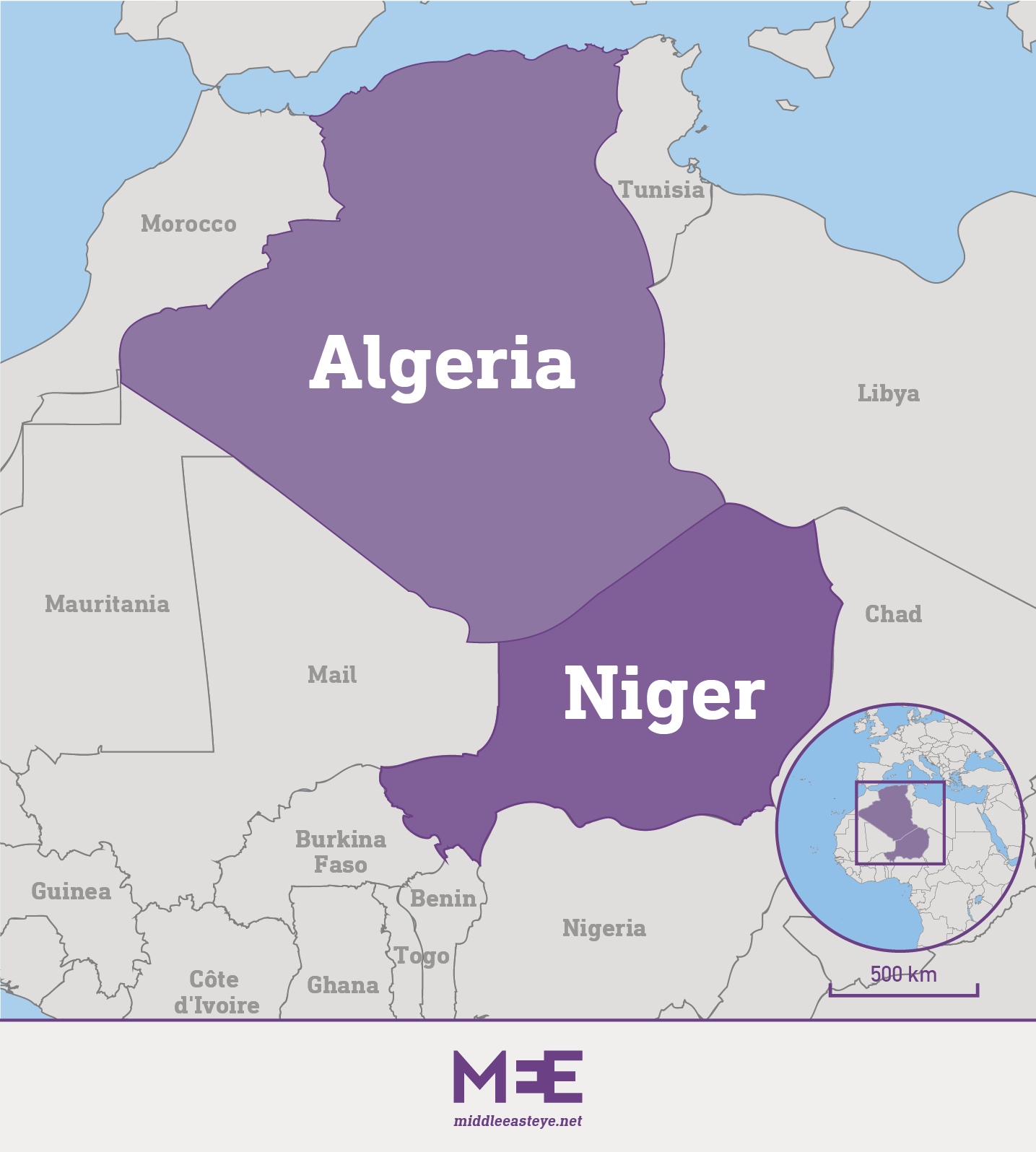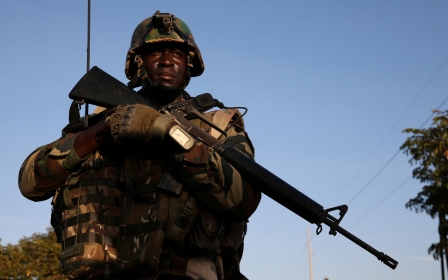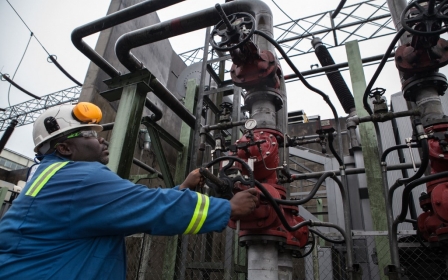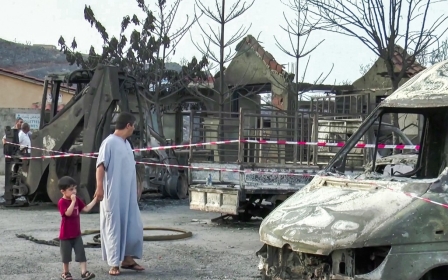Niger coup: Why is Algeria dead-set against foreign intervention?
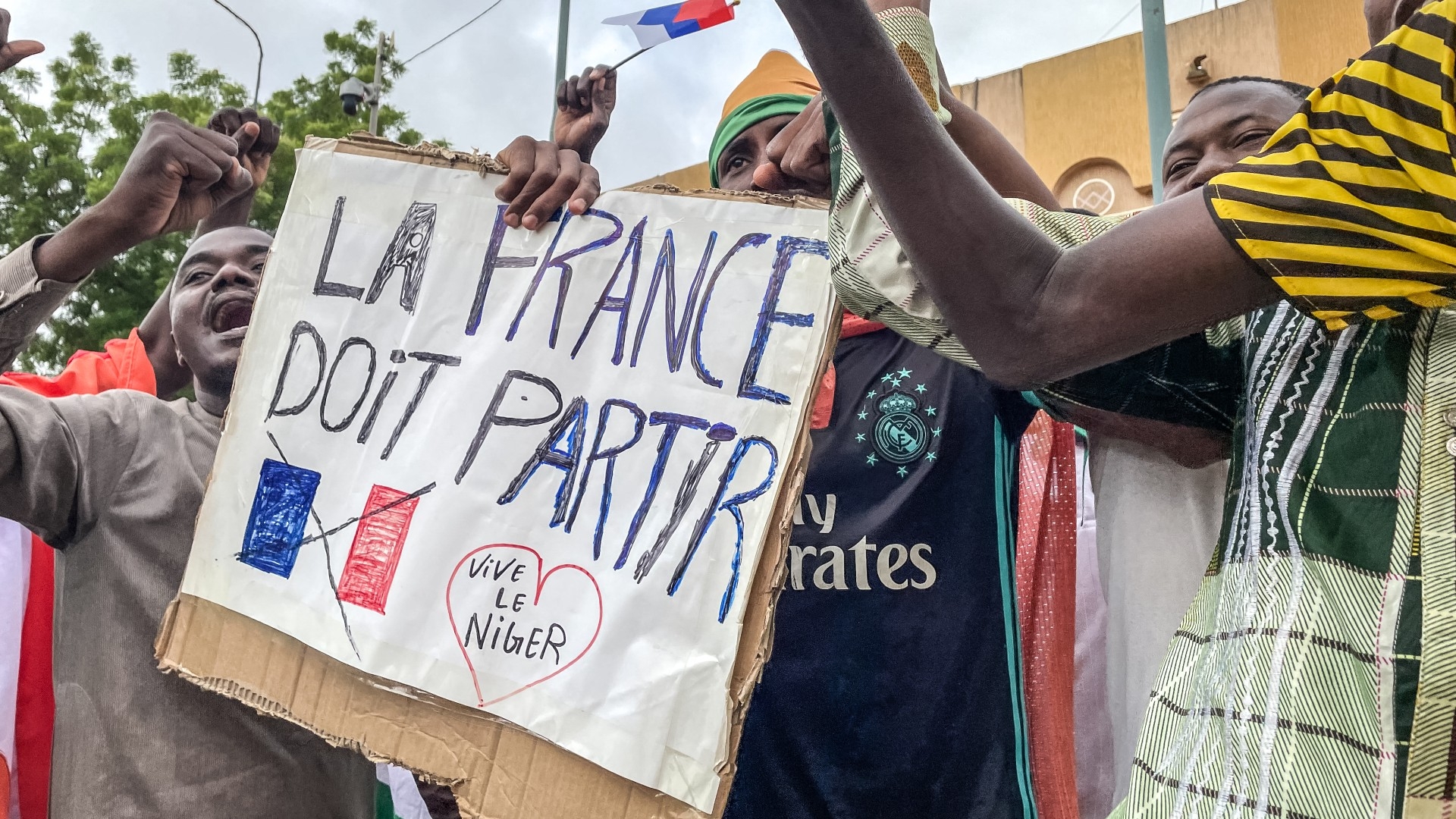
Algeria moved quickly over the weekend to quash the seeming rush towards foreign intervention in its southern neighbour Niger, stressing that it “absolutely rejected" such discourse.
On 30 July, four days after a coup led by members of Niger's presidential guard and the subsequent detention of democratically elected President Mohamed Bazoum, the Economic Community of West African States (Ecowas) gave the coup leaders seven days to reverse course or face possible military intervention.
The deadline by Ecowas, a regional political body that has led several interventions in the region in the past, passed on Sunday. On the same day, Algeria’s president, Abdelmadjid Tebboune, went on the airwaves calling for mediation efforts and a return to “constitutional order” in Niger.
“A military intervention could ignite the whole Sahel region, and Algeria will not use force with its neighbours,” Tabboune said.
Mali, another country bordering Algeria, has been engulfed in civil strife for more than a decade. French-led interventions against a local insurgency and more recently a coup in the country has made regional security far more precarious for Algeria.
New MEE newsletter: Jerusalem Dispatch
Sign up to get the latest insights and analysis on Israel-Palestine, alongside Turkey Unpacked and other MEE newsletters
Mali and Burkina Faso, both of which have leadership as a result of recent coups, have announced that they were going to send a joint official delegation in a show of support for Niger.
Both countries, which have been suspended from Ecowas over their coups, said that they could be ready to provide military assistance to Niger in the event of foreign intervention.
After Libya, Mali and now potentially Niger, Algeria seems wary of another internal political conflict becoming a theatre for a proxy conflict between foreign powers, said Jalel Harchaoui, a North African political analyst and an associate fellow at the Royal United Services Institute.
"Algeria maintains that any form of intervention aimed at reinstating Bazoum carries a significant potential for veering off course. The concern is that if such efforts falter, it could potentially lead to a situation akin to the challenges faced in Mali, right on Algeria's doorstep," Harchaoui told Middle East Eye.
Although Algeria did not support the overthrow of Niger’s president, it "believes it can accomplish some kind of stabilisation of Niger without a violent intervention backed by France and the United States in order to restore Bazoum,” he added.
France, the former colonial power in Niger, is widely believed to have major incentives to protect its interests there given that it imports a significant amount of uranium from the country to meet its nuclear energy needs, which account for 70 percent of its electricity production.
The future status of the second largest US military base in Africa currently housed in Niger where more than 1,000 US troops are stationed is also higly uncertain following the coup.
US Secretary of State Antony Blinken announced on Friday that his government has suspended specific foreign aid initiatives benefiting the government of Niger.
Furthermore, Harchaoui believes that Algeria is concerned by any western-led intervention that brings Bazoum back to power because such a regime may become "even friendlier to French and US interests”.
“If an intervention happens and succeeds, it would provide the powers behind this supposed intervention with a starting point to achieve something that is better for them. You would have a Bazoum 2.0 that would be more malleable, more flexible, more subservient and basically more friendly to western interests, including France,” warned Harchaoui.
Threat to regional development
The coup and any potential foreign intervention also threatens to upend the years of painstaking political, security and economic relations that Algeria has spent a great deal of effort in building, according to Zine Ghebouli, a visiting fellow with the Middle East and North Africa programme at the European Council on Foreign Relations.
Last year, Algeria, Nigeria and Niger signed a memorandum of understanding to build a natural gas pipeline across the Sahara desert.
The prospective project, with an estimated price-tag of $13bn, could send up to 30 billion cubic metres a year of supplies to Europe.
“Instability in Niger would first jeopardise Algiers’ regional development agenda but also put more pressure on the military, given the security chaos in Mali,” added Ghebouli.
'The consequences of intervention would be disastrous for the region. As for Algeria, and it will be a proxy war in its southern backyard'
- Abdennour Toumi, North Africa analyst
“Beyond diplomatic manoeuvring and back channel talks, it will be complicated for Algiers to pressure Ecowas into not launching a military operation if they decide to,” he added.
While western powers have come out quickly against the coup, none have publicly backed military intervention, with Ecowas largely leading on that front.
Abdennour Toumi, a North African expert at the Centre for Middle East Studies in Turkey, told MEE that Algeria could raise the spectre of further immigration flows towards Europe to warn off a potentially risky intervention.
“Another card that Algeria can use would be stopping coordination with France in terms of intelligence and fighting the terrorist armed groups in the Sahel,” said Toumi.
“Algeria could also enhance further full support to the new military leaders in Mali, Burkina Faso, and now in Niger,” in a bid to work against France’s national security interests, added Toumi.
“The consequences of intervention would be disastrous for the region. As for Algeria, and it will be a proxy war in its southern backyard.”
This article is available in French on Middle East Eye French edition.
Middle East Eye delivers independent and unrivalled coverage and analysis of the Middle East, North Africa and beyond. To learn more about republishing this content and the associated fees, please fill out this form. More about MEE can be found here.


